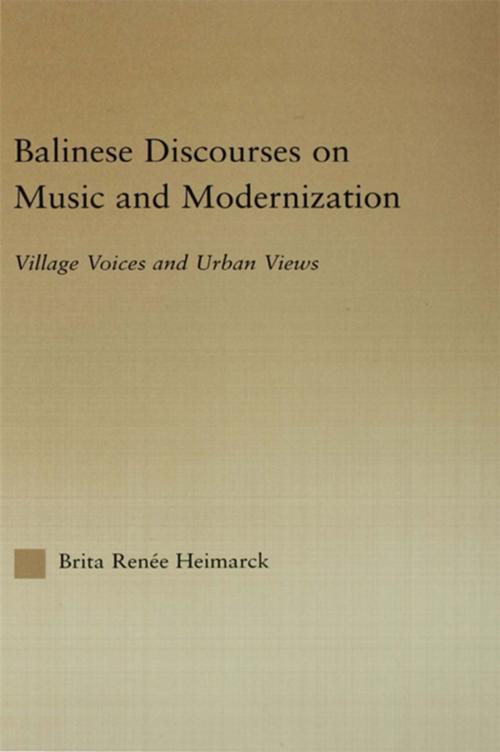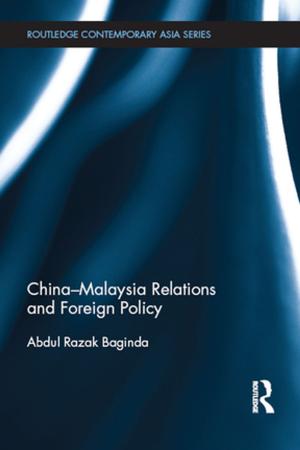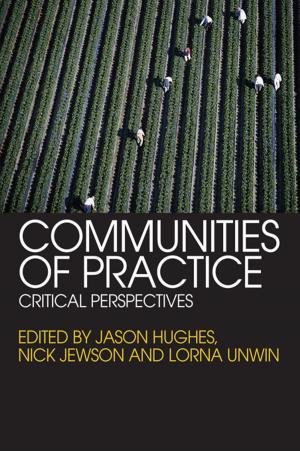Balinese Discourses on Music and Modernization
Village Voices and Urban Views
Nonfiction, Entertainment, Music| Author: | Brita Heimarck Renee | ISBN: | 9781136800450 |
| Publisher: | Taylor and Francis | Publication: | August 21, 2013 |
| Imprint: | Routledge | Language: | English |
| Author: | Brita Heimarck Renee |
| ISBN: | 9781136800450 |
| Publisher: | Taylor and Francis |
| Publication: | August 21, 2013 |
| Imprint: | Routledge |
| Language: | English |
While many Western scholars have discussed the technical aspects of Balinese music or the traditional contexts for performance, little has been written in Western languages about Balinese discourses on their music. This dissertation seeks to understand the experience of music in Bali according to Balinese voices through an analysis of oral and written dialogues on music, mainly by musicians and dalangs (shadow play puppeteers) from the village of Sukawati, scholars, teachers, administrators and students from the Indonesian College of the Arts (STSI) in the City of Denpasar. The study examines the influence of modernization on the traditional arts and their role in society. A concentration on Balinese discourses enables individual performers and scholars to represent themselves to a greater extent than previously seen in ethnomusicological scholarship, making this study more of a critical discussion among equals than a Western interpretation of 'others'. This approach permits a rare view into contemporary Balinese conceptions and practices of music.
While many Western scholars have discussed the technical aspects of Balinese music or the traditional contexts for performance, little has been written in Western languages about Balinese discourses on their music. This dissertation seeks to understand the experience of music in Bali according to Balinese voices through an analysis of oral and written dialogues on music, mainly by musicians and dalangs (shadow play puppeteers) from the village of Sukawati, scholars, teachers, administrators and students from the Indonesian College of the Arts (STSI) in the City of Denpasar. The study examines the influence of modernization on the traditional arts and their role in society. A concentration on Balinese discourses enables individual performers and scholars to represent themselves to a greater extent than previously seen in ethnomusicological scholarship, making this study more of a critical discussion among equals than a Western interpretation of 'others'. This approach permits a rare view into contemporary Balinese conceptions and practices of music.















